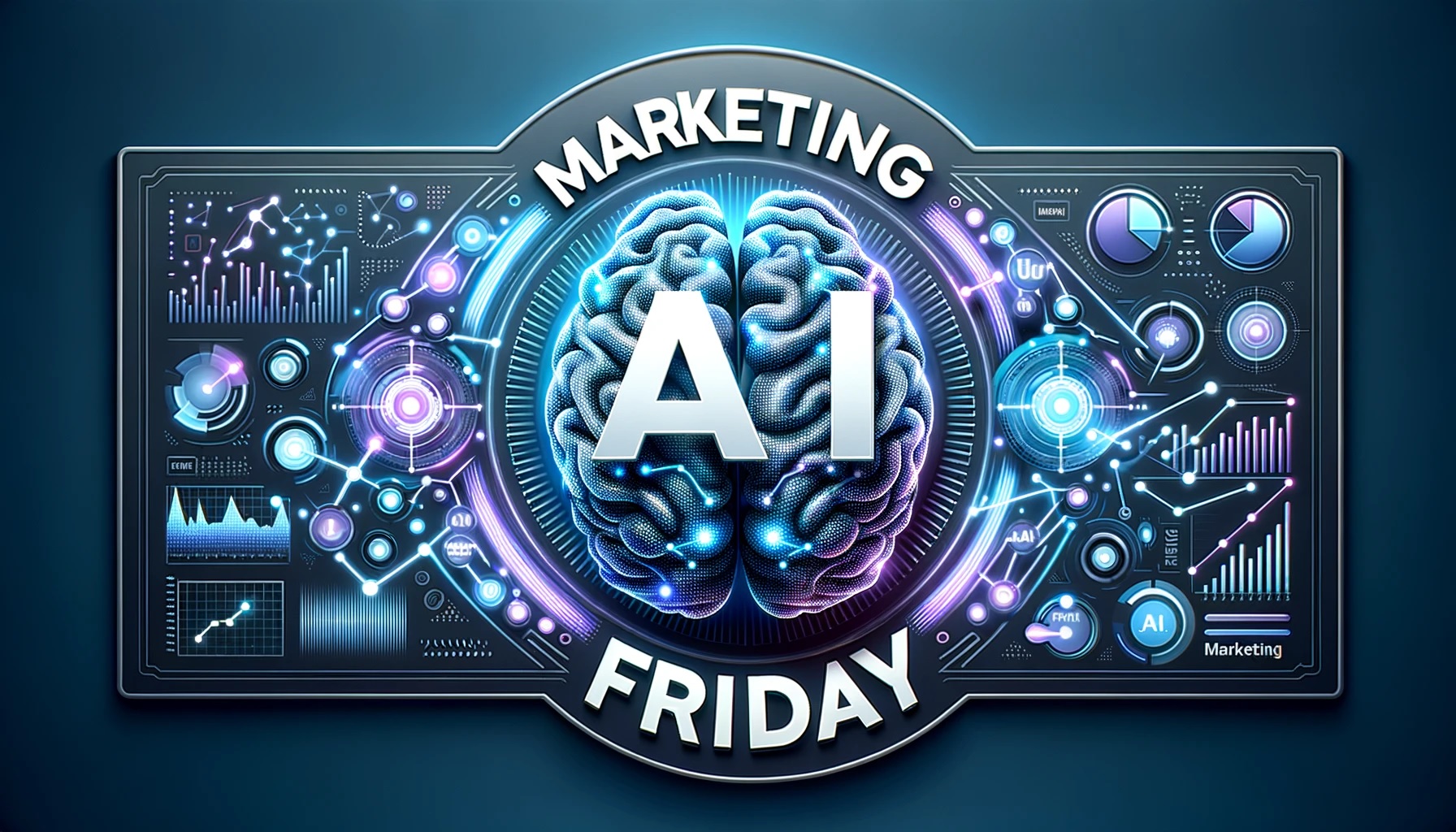Expectations for AI in 2024: Introducing Second Generation Large Language Models (LLMs)
It's December already, and many companies are busy finalizing their plans for the coming year. To what extent is AI an important part of your plans for 2024?
To prepare you for the latest AI developments, I will take you through the evolution and expectations of Large Language Models (LLMs). I'll also give you more background on these fundamental language models that underpin AI systems.

LLM generation 1
An LLM is an advanced computer program that learns to understand and generate large amounts of text. It is trained on a huge amount of data, including books, articles, and Web sites, to recognize language patterns. This allows it to answer questions, write texts, and even conduct conversations in a way that resembles how people communicate. The model tries to understand the meaning behind words, allowing it to provide relevant and often accurate answers.
A year ago, OpenAI launched ChatGPT, introducing an accessible first-generation language model (LLM 1) worldwide. This launched a wave of innovations, with numerous companies introducing AI applications based on the same foundation.
Although these first-generation language models are revolutionary in their ability to rapidly process and generate language, they suffer from limitations in comprehension and contextual accuracy.
Effective use in our daily operations often still requires significant human guidance and correction. We see this in current applications such as ChatGPT and other available AI tools. These systems respond immediately to prompts, but the responses are not always accurate. .
LLM generation 2 announces itself
The AI industry continues to rapidly evolve, and is on the eve of introducing the next generation of language models: LLM 2.
This generation offers a much more accurate and contextually sensitive understanding. They are better able to interpret nuances and complex language structures, and can arrive at results with greater attention and logic.
A key characteristic is their ability to "think" more independently and deeply, leading to better outcomes. These systems can also improve themselves through experience and feedback.
What to expect from LLM 2 systems:
- Can read and generate text
- Real-time Internet access and reference to local files.
- Integration with existing software infrastructure (calculator, mouse, keyboard, Python)
- Seeing and generating images and videos.
- Hearing and speaking (such as GPT voice), including music generation.
- Customization for specific task execution, adaptation and refinement (such as custom GPTs)
- Communication with other LLMs.
- Longer "thinking" processes for optimal results.
- Self-improvement.
- More knowledge on subjects than any human being.
Some of these features are already starting to show up in systems such as ChatGPT and Google Bard.
Interested in learning more about these language models?
Andrej Karpathy, a leading AI researcher at OpenAI and former director of AI at Tesla, posted a one-hour video on YouTube, "The Busy Person's Intro to LLMs.
In it, he offers unique insight into projects from leading AI labs. His presentation provides a practical introduction to LLMs, their operation, and visions for the future. Highly recommended! Watch the video here.
Tips for your AI plans in 2024
How will you implement AI in your organization? Here are some tips to include in your plans for 2024:
- Establish an AI steering committee consisting of representatives (discoverers) from each department in your company. This group takes the lead in developing and implementing AI policies within your organization.
- Establish an internal and external AI policy. Check out our template AI policy for inspiration.
- Invest in AI training and education for your team.
- Map all work processes. Identify where AI can have the greatest impact and plan how to effectively deploy AI here.
- Experiment with AI. How about introducing "AI Friday" to test new applications?
With any change, especially one of such great impact and magnitude, successful implementation depends on how well the people within an organization can adapt their behavior and take responsibility.
Therefore, it is useful to examine the different phases an organization goes through when implementing AI. Check out "The 5 phases of AI implementation in marketing" for more insight.
Take a leap forward in your marketing AI transformation every week
Every Friday, we bring you the latest insights, news and real-world examples on the impact of AI in the marketing world. Whether you want to improve your marketing efficiency, increase customer engagement, sharpen your marketing strategy or digitally transform your business, "Marketing AI Friday" is your weekly guide.
Sign up for Marketing AI Friday for free.








